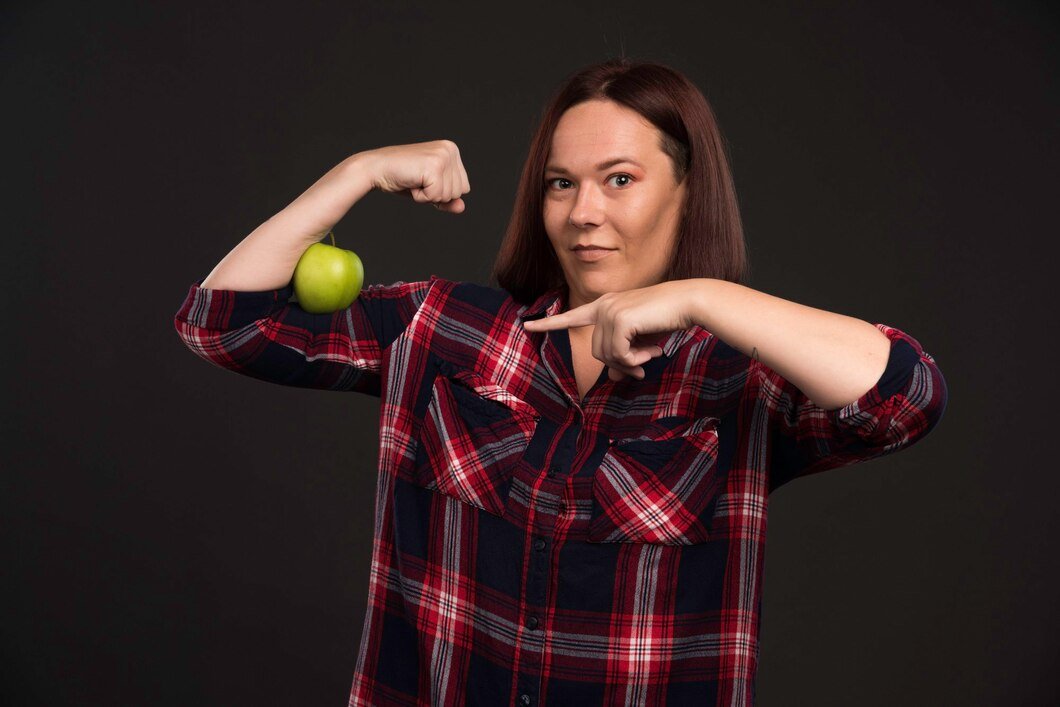Introduction
Building muscle isn’t just about lifting weights—it’s a combination of the right workouts, proper nutrition, and consistency. If you’re looking to gain muscle mass effectively, you’ve come to the right place. In this guide, we’ll break down everything you need to know about WellHealth how to build muscle tag, including expert tips on exercises, diet, and recovery strategies to help you achieve a strong and toned physique.
Let’s get started!
Why Building Muscle Matters
Building muscle offers several benefits beyond just looking good:
- Increased Strength – Helps in daily activities and improves athletic performance.
- Fat Loss – Muscle boosts metabolism, helping you burn more calories.
- Stronger Bones – Resistance training strengthens bones, reducing the risk of osteoporosis.
- Better Posture & Mobility – Strong muscles support better posture and prevent injuries.
Step-by-Step Guide to Building Muscle
1. Strength Training is Key
To build muscle, focus on progressive overload, which means gradually increasing the resistance or difficulty of your workouts.
Here are the best strength-training exercises for muscle growth:
- Compound Exercises (work multiple muscles at once):
- Squats
- Deadlifts
- Bench Press
- Pull-ups
- Rows
- Isolation Exercises (target a single muscle group):
- Bicep curls
- Triceps extensions
- Leg curls
- Calf raises
How Often Should You Train?
- Beginners: 3-4 days a week (full-body workouts)
- Intermediate: 4-5 days a week (split workouts focusing on different muscles each day)
- Advanced: 5-6 days a week (targeted muscle groups with intensity)
2. Eat a Muscle-Building Diet
Muscle growth isn’t just about workouts; your diet plays a crucial role. You need to consume more calories than you burn to gain muscle.
Best Foods for Muscle Growth
- Protein-Rich Foods: Chicken, fish, eggs, lean beef, tofu, beans, Greek yogurt.
- Healthy Carbs: Oats, brown rice, quinoa, sweet potatoes, whole wheat bread.
- Healthy Fats: Nuts, seeds, avocados, olive oil, fatty fish.
- Hydration: Drink plenty of water to keep muscles hydrated and aid recovery.
How Much Protein Do You Need?
- Aim for 1.2 – 2.0 grams per kg of body weight per day.
- Example: If you weigh 70 kg, you should consume 84-140 grams of protein daily.
3. Prioritize Rest & Recovery
Your muscles grow when you rest, not when you lift.
- Get Enough Sleep: Aim for 7-9 hours per night.
- Rest Days: Take at least 1-2 rest days per week to prevent overtraining.
- Stretching & Foam Rolling: Reduces soreness and improves flexibility.
4. Supplements to Boost Muscle Growth
While food should be your primary source of nutrients, supplements can help fill the gaps.
- Protein Powder – Helps meet daily protein intake.
- Creatine – Enhances strength and endurance.
- BCAAs – Supports muscle recovery and reduces soreness.
- Fish Oil – Reduces inflammation and supports joint health.
5. Track Your Progress
- Use a Journal or App: Track weights lifted, reps, and sets.
- Take Progress Photos: Compare every 4-6 weeks.
- Measure Strength Gains: See if you’re lifting heavier over time.
Common Mistakes to Avoid
- Skipping Warm-ups – Increases injury risk.
- Not Eating Enough Protein – Slows muscle growth.
- Overtraining – Leads to burnout and injury.
- Poor Form – Increases injury risk and reduces workout effectiveness.
Conclusion
Building muscle takes time, consistency, and dedication. By following the right strength training program, eating a protein-rich diet, allowing proper recovery, and tracking progress, you’ll see results faster than you think.
So, start today and make WellHealth how to build muscle tag your ultimate muscle-building resource. Stay committed, stay strong, and enjoy your fitness journey!
FAQs
1. How long does it take to build muscle?
It depends on consistency, diet, and workout intensity. On average, beginners can see noticeable muscle gains in 8-12 weeks.
2. Can I build muscle without weights?
Yes! Bodyweight exercises like push-ups, squats, lunges, and pull-ups can build muscle, but progressive overload is key.
3. Should I do cardio while trying to gain muscle?
Yes, but keep it moderate. Too much cardio can burn muscle, so limit it to 2-3 sessions per week.
4. How do I know if I’m gaining muscle?
Look for signs like increased strength, muscle definition, and higher body weight (in a lean way).
5. What should I eat after a workout?
A protein-rich meal with healthy carbs (e.g., chicken and rice, protein smoothie, or eggs with toast) helps in muscle recovery.

